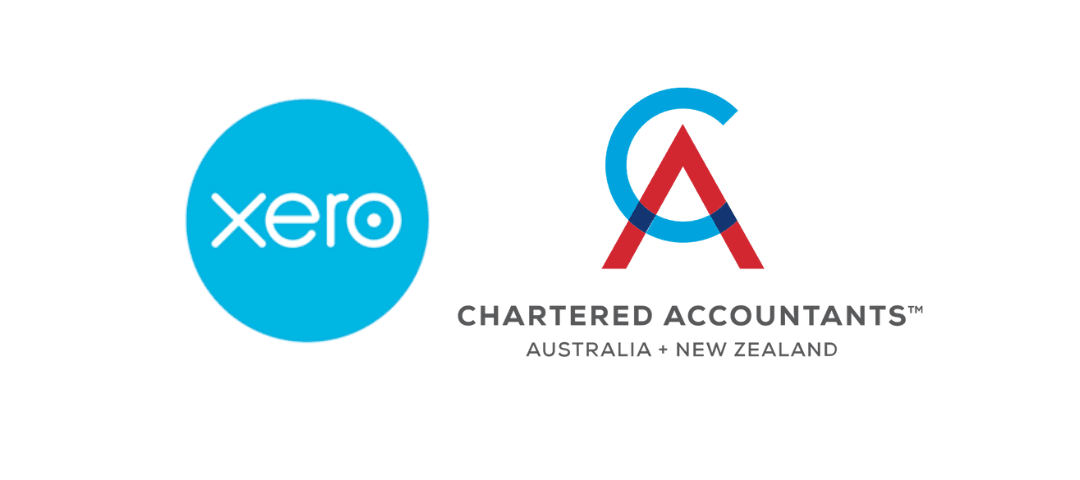This article applies to mining cryptocurrencies. My previous article ‘Are bitcoin and cryptocurrency gains taxable income’ provides a general overview for those purchasing crypto.
The process of mining crypto currencies normally involves using capital assets (specialised computer hardware), to solve algorithms, and cryptocurrency is received as a reward (income). The miner is providing a service (solving an algorithm) and in return being paid in cryptocurrency. The miner will pay tax on their calculated profit (Profit = Income – Expenses) at the end of the year.
The costs incurred to mine crypto will generally be a mix of capital (hardware) and revenue (power expenditure & repairs and maintenance). Any revenue costs will be tax deductible expense as part of deriving service based income. Capital costs will not be immediately deducted. They are normally depreciated over time (at rates supplied by the IRD) and depreciation is claimed as a tax-deductible expense.
The New Zealand dollar (NZD) equivalent of the cryptocurrency mined is the value of income received.
For example; Tony has $30,000 of computer hardware, joins a mining pool, and mines DigiByte (DGB). Each day Tony receives fluctuating deposits of DGB into his wallet from the mining pool.
Day 1 750 DigitByte
Day 2 820 DigitByte
Day 3 640 DigitByte
Each time Tony received a deposit of DGB into his wallet, the amount of DGB received needs to be converted to the NZD equivalent. This is calculated using the market rate from an exchange (in $NZD).
On any two days, Tony could mine the same amount of DGB, but the income could be higher or lower depending on the market value of DGB and foreign currency (FX) rate on the day that coin was mined.
At the end of the financial year, Tony will calculate the total income he has received from mining, deduct any expenses he has paid to incur his income or carry on his mining business (including depreciation) and pay tax on any profit.
Mining different coins (e.g. Zcash, BTC, etc) makes no difference to the service of mining cryptocurrencies and the general tax treatment outlined above.
Post Mining Crpyto Held
Once the crypto is received, it is then normally recorded as trading stock held on revenue account and valued at its cost price in NZD (e.g. the market value in NZD on the day it was acquired from mining). There are no unrealised gain (or loss) recognised.
Profit (or loss) from on-sale (or trading to another coin) is likely to be assessable or deductible income.
Note: if you’re questing why the concept of mining being a service business, consider the following example. A dairy farmer is milking a cow. The cow (asset), produces (mines) milk (revenue).
As such the revenue costs of maintaining the cow (feed, etc) are tax deductible expenses, and the funds received for the milk (normally from Fonterra) is taxable income. The cost of the cow itself is capital (non-deductible).
If you have any questions or would like a no obligation call please contact Tim on 020 4122 4440 or email tim@agbizaccountants.co.nz
This material has been prepared for informational purposes only, and should not be relied on for tax, legal or accounting advice. You should consult your own tax, legal and accounting advisors before engaging in any transaction.



